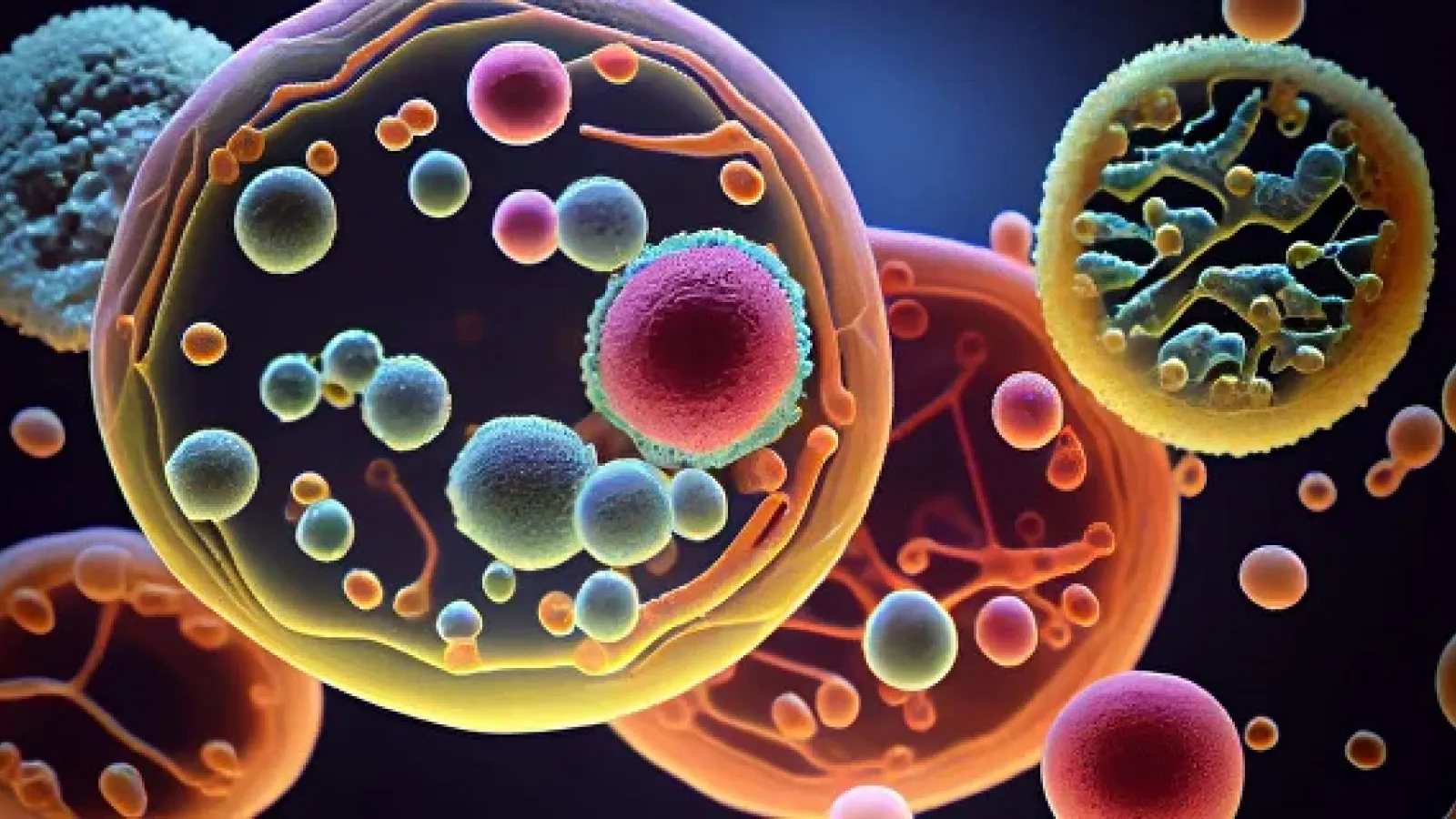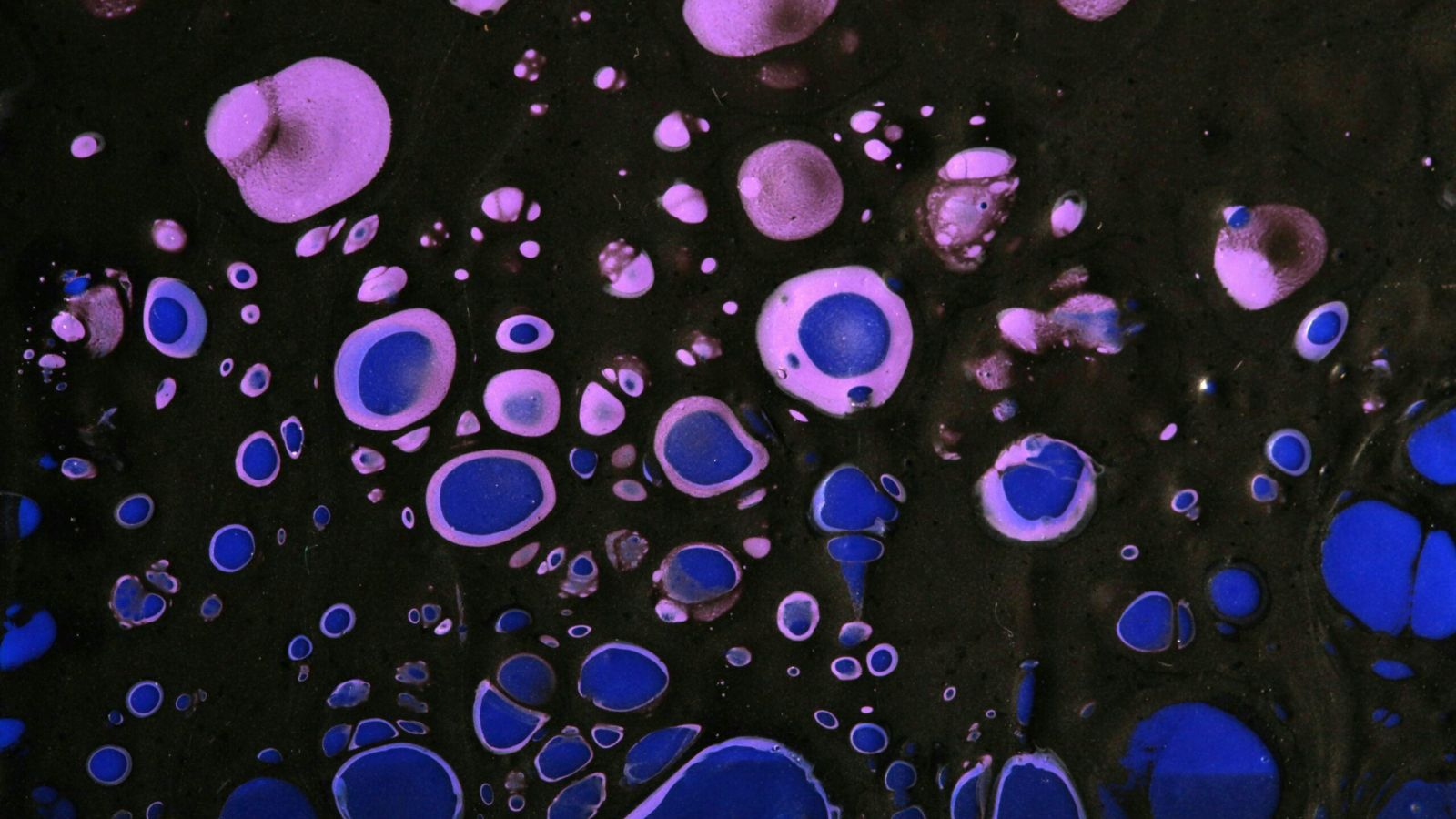The study of exosome quantification has grown exponentially in recent years. These extracellular vesicles have proven to be valuable tools as disease biomarkers and potential vehicles in cell and gene...
Loading of non-coding nucleic acids in exosomes: microRNA, lncRNA, circRNA, and their functional significance
In recent years, extracellular vesicles (EVs)—particularly exosomes—have emerged as key players in cellular communication. These nanosized vesicles released by cells act as carriers of biological information,...
Exosome heterogeneity: functional subpopulations and their high-level characterization
For years, exosomes were regarded as relatively homogeneous extracellular vesicles (EVs), simple carriers of biomolecules. However, advances in single-vesicle analysis have revealed a remarkable heterogeneity,...
Exosomes as Advanced Modulators of the Immune System: Mechanisms and Therapeutic Opportunities
Exosomes, a subset of extracellular vesicles (EVs) ranging from 30–150 nm, have emerged as active participants in immune system regulation. Beyond serving as passive carriers of molecular cargo, these...
Exosomes and CRISPR: Targeted gene editing in cancer and fibrosis
Exosomes, small extracellular vesicles of 30–150 nm, have moved beyond being simple mediators of intercellular communication to become next-generation therapeutic vehicles. One of the most innovative...
CD9 and Exosomes: Tumor Microenvironment Insights
Function and relevance of CD9 in exosomes
Exosomes are extracellular vesicles of 30–150 nm that play a key role in intercellular communication, transporting proteins, lipids, and nucleic acids. Among...
Real-time monitoring of dynamic cellular processes: apoptosis, activation and exosome release
Advanced solutions available from Immunostep
The analysis of dynamic cellular processes – such as apoptosis, cell activation or the release of extracellular vesicles (EVs) – requires tools...
Microvesicles vs exosomes: why differentiate them into biomarkers?
In the field of extracellular vesicle (EV) biology, exosomes have become prominent players for their role as biomarker carriers in cancer, neurodegenerative diseases or advanced therapies. However,...
What your cells say about you (and you didn’t know): the diagnostic power of flow cytometry and exosomes
In the era of personalised medicine, the most valuable information is not always in an MRI, blood test or biopsy. Often, it lies deep within our cells, even before the disease manifests itself clinically.
Thanks...
An expert approach to cell characterization
In the field of biotechnology and biomedical research, the flow cytometer has established itself as an essential tool. It allows detailed analysis of cells and particles in suspension. This technique...









